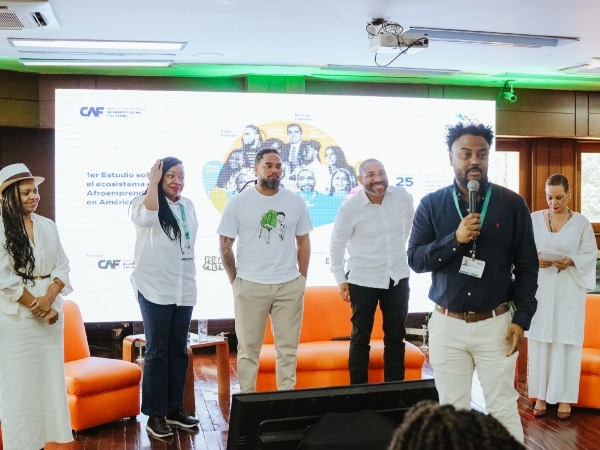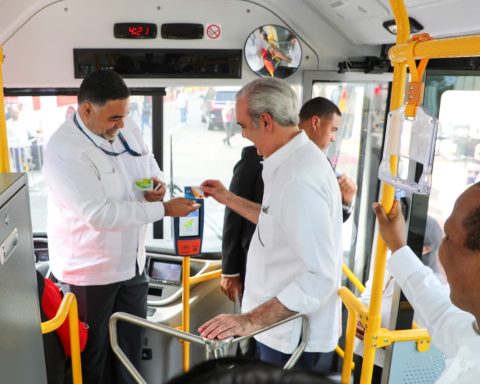A recent study carried out by CAF – Development Bank of Latin America and the Caribbean, in collaboration with the Feira Preta Institute and Plano CDE, reveals a lack of financial support for Afro-entrepreneurships in Latin America.
News Colombia
The CAF (Development Bank of Latin America) study reveals that afro-entrepreneurship in the region they face significant obstacles due to racism and financial inequality. Despite representing a key economic sector, Afro-descendant entrepreneurs have difficulties accessing credit, support networks and markets, which limits their growth and sustainability.
Also read:
This research, presented during COP16 in Cali, Colombia, surveyed three thousand Afropreneurs in Argentina, Brazil, Colombia, Peru and Panama, revealing deep economic and social gaps that affect the development of these businesses, most of which are led by women.
A Female Entrepreneurship Ecosystem
In the region’s Afro-entrepreneurial ecosystem, 80% of businesses are run by women. However, the lack of access to financial resources limits the growth of these initiatives.
According to the study, 48% of businesses led by women generate income of up to a minimum wage, with no clear prospects for expansion. The majority of these businesses barely survive, without managing to become large companies due to barriers such as the lack of credibility in the investment towards these ventures, the scarcity of their own resources and the difficulty in accessing formal credit.
Danielle Almeida, director of Diasporica Consulting and coordinator of the study for Feira Preta, pointed out in an interview with TuBarco that “despite the creativity and innovative potential of Afro-entrepreneurships, the lack of structural support and racial prejudices limit their expansion and perpetuate the financial exclusion.”

Racism in access to credits and resources
One of the most disturbing conclusions of the study is the influence of racism on access to credit and financial resources. People of African descent face discrimination and mistrust when requesting financial support, which hinders their ability to expand.
According to Almeida, “the data reflects an urgent need to create specific funds that support loans from both banks and entrepreneurs, giving Afro-businesses the opportunity to grow without facing racial bias in financial decisions.”
The study highlights that, in all the countries surveyed, Afropreneurs use the income from their businesses to cover their basic needs, but they lack the tools and financial support to transform their small initiatives into sustainable and scalable companies.
Identity, Anti-Racism and Community Sustainability
The research also shows how these entrepreneurs see their businesses as a form of resistance and a vehicle for social change.
Approximately 90% of those surveyed believe that companies should commit to racial issues, and more than half identify their venture as a space for anti-racism and cultural reclamation.
This vision reflects a deep commitment to improving the living conditions of their communities, whether through specific products and services or through the valorization of Afro-descendant cultural practices.

Financial challenges in the banking environment
Despite the banking status of the majority of respondents, 64% of them use a single account for personal and business matters, which makes business management and growth difficult.
In addition, high loan costs and excessive bureaucracy are recurring barriers for Afropreneurs. In Brazil, 44% of Afro-descendant entrepreneurs reported having been rejected in credit applications, compared to 35% among brown people and 29% among white people.
This study represents an urgent call for governments and the financial sector to implement support policies that include the creation of funds that support specific credits for Afro-entrepreneurship. As Danielle Almeida highlights, “gender and race intentionality is needed in financial policies to transform this business ecosystem and overcome the barriers imposed by structural racism.”
With this report, CAF, Feira Preta and Plano CDE present a clear proposal for strengthening Afro-entrepreneurship: promoting financial inclusion and providing structural support to these businesses, which represent a key piece in the economic and social development of their communities and of America. Latin in general.
You can read:
















